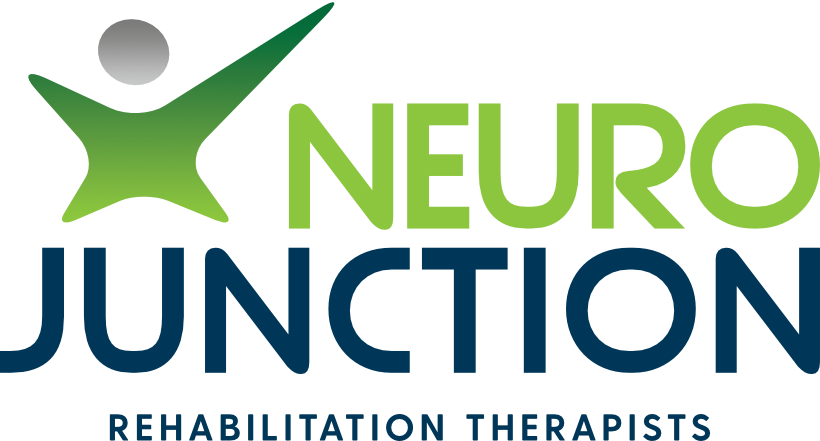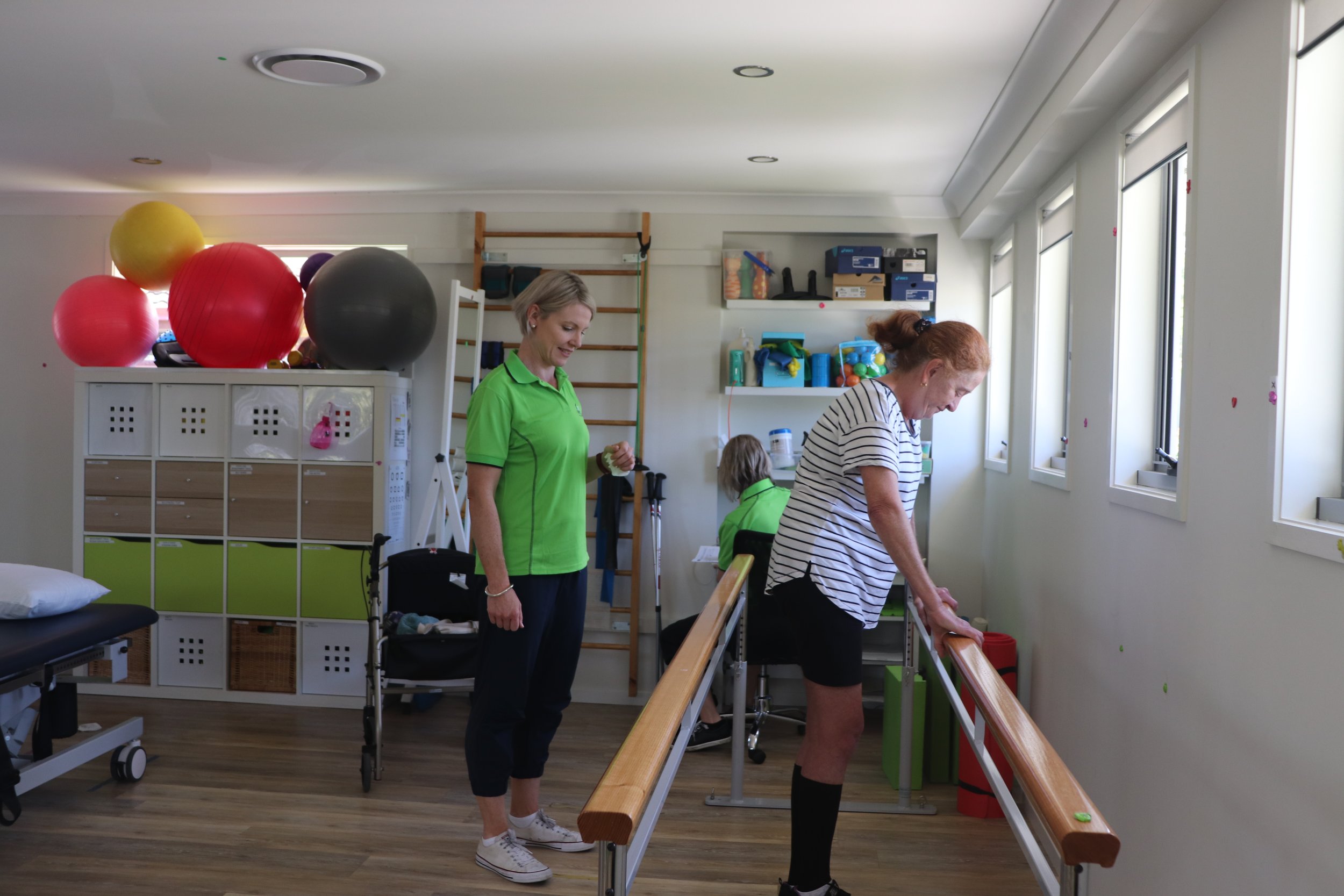Motor Neurone Disease (MND)
What is Motor Neurone Disease?
Motor Neurone Disease (MND) is a neurodegenerative disease that affect nerve cells, aka “motor neurons.”
The function of motor neurones is to carry messages from the brain to the muscles via the spinal cord. These messages stimulate body movements including walking, swallowing, talking, and breathing. In MND, these motor neurons become damaged and this causes progressive muscle weakness.
Amyotrophic Lateral Sclerosis (ALS), Progressive Muscular Atrophy (PMA), Progressive Bulbar Palsy (PBP) and Primary Lateral Sclerosis (PLS) are all subtypes of motor neurone disease.
Symptoms of MND may include:
Muscle weakness
Muscle cramps, twitches, and spasms
Difficulties with walking and balance
Problems with swallowing and speech
Decrease sensation
Pain
Fatigue
How quickly MND progresses is very individual and can vary from one person to another. However, research has shown that a team-based approach and timely treatments can help people with MND live better for longer.
Our Physiotherapists and Occupational Therapists work closely with other professionals and MND related support services to ensure effective and timely care is provided. This might include equipment and aids that can help with your quality of life.
Neuro Junction helps with the symptomatic management of respiratory function, mobility, and fatigue management. We develop management strategies to maximise your independent mobility, advice regarding exercises and pain management as well as providing you and your family with support, education, and care.
Neuro Junction Interventions may include:
In-clinic and home-base services to individualised assessments and treatment
Analysing problematic activities and maximising participation to help you achieve your everyday activities
Respiratory management including chest clearance and breathing exercises
Provide advice and recommendations to carers on safe manual handling
Assist with required home equipment or assistive technology to help quality of life, e.g. ramps, recliner chair, scooter, and hoists
Forward planning and identifying potential housing needs and assistance with the next steps
Connect you with supportive services available to help you get what you need



